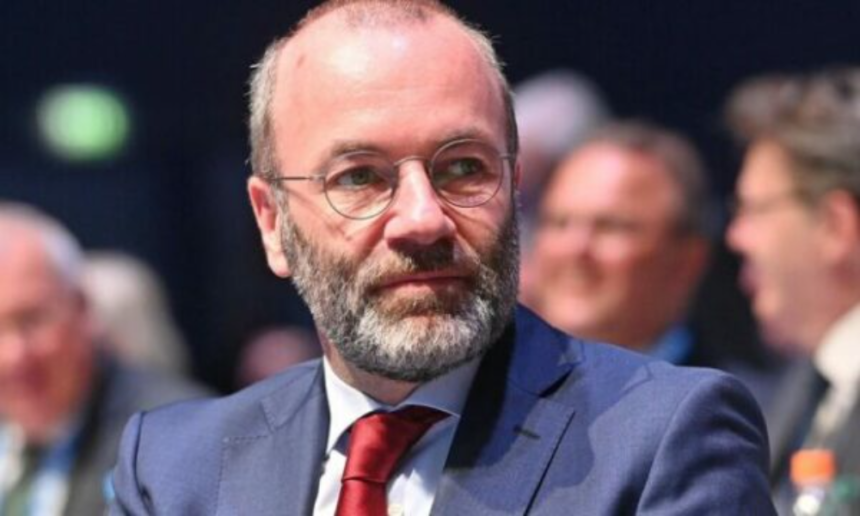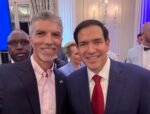Manfred Weber, the leader of the European People’s Party (EPP), has quietly become one of the most influential figures in European politics. While not widely recognized by the public, Weber has led the EPP— the largest political group in the European Union (EU)— since 2014, shaping decisions that impact the entire bloc.
Weber’s influence became clear when the European Parliament approved Ursula von der Leyen’s second term as European Commission President on November 27. The approval followed weeks of negotiations, with Weber playing a key role in ensuring 27 commissioners, mostly from the EPP, were confirmed without significant opposition.
Weber’s leadership has not come without controversy. His approach to the far-right, particularly his support for Raffaele Fitto, a member of Italy’s far-right Brothers of Italy party, has drawn criticism. However, Weber defends his stance, arguing that not all right-wing factions are the same. This has led to accusations that he uses ambiguous language about the far-right for political gain.
A member of the European Parliament since 2004, Weber’s rise to power has been gradual. In 2019, he ran to be European Commission president but lost to von der Leyen. Despite this setback, Weber’s influence has only grown, especially after the far-right and left lost ground in recent elections.
Known for his pragmatic approach, Weber is seen as a defender of farmers and a critic of EU bureaucracy. While he aligns with the far-right on some issues, he has also sought compromise from the center-left. This balance has made him a key figure in EU decision-making, with many viewing him as the person who “has the final say” on key issues.
A devout Christian, Weber often finds solace outside the EU bubble, in his faith and everyday life. Despite facing criticism for his political alliances, he remains a central figure in shaping the future of the EU.







